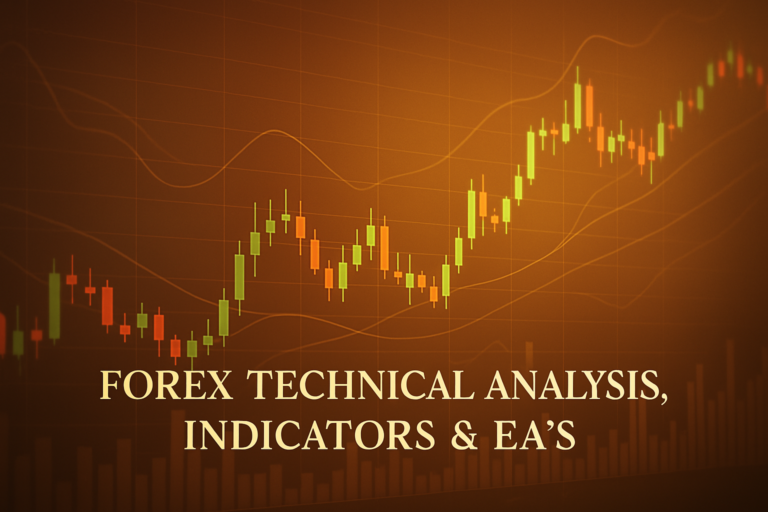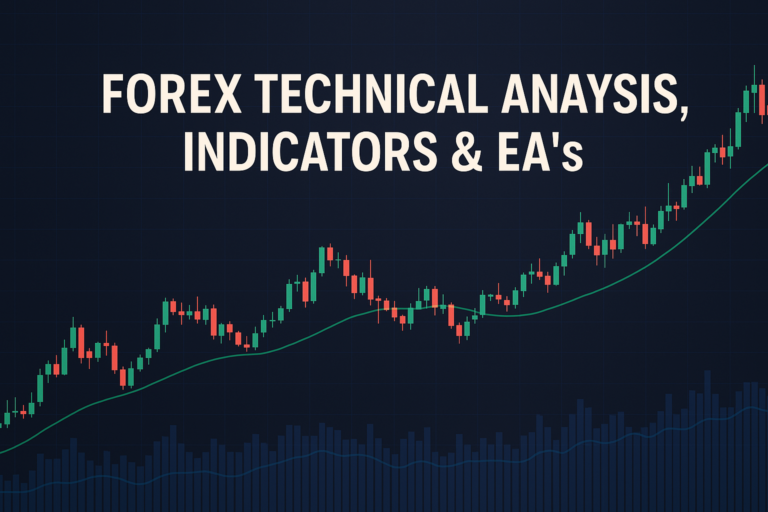
High Commissions can significantly impact Forex trading success. Learn to manage them effectively to boost your profits.
Forex trading can be a thrilling adventure, but it can also be filled with challenges. One major problem traders face is high commissions. These fees can eat away at profits and make trading less enjoyable. Both beginners and experienced traders struggle with high commissions, often feeling frustrated when their hard-earned money goes to paying fees instead of growing their accounts. Understanding this issue and finding solutions is crucial for anyone looking to succeed in Forex trading.
High commissions can significantly impact your trading outcomes. When traders don’t fully grasp how commissions work, they may find themselves stuck in a cycle of losses. This blog post will explore high commissions in Forex trading, revealing the problems they create and offering practical solutions to help you navigate this tricky terrain.
Understanding the Problem
High commissions in Forex trading refer to the fees charged by brokers for executing trades. These fees can be a fixed amount or a percentage of the trade size. They occur due to a broker’s need to make money while providing their services. When commissions are high, they can reduce your overall profit and make it harder to succeed.
For example, imagine you buy a currency pair for $1,000, and your broker charges a $50 commission. If the trade gains $100 in value, your profit would only be $50 after paying the commission. This situation can be common, especially with brokers that offer additional features or services. Traders often find themselves in this predicament, feeling like they are constantly losing money to high commissions.
Solutions for High Commissions
Step-by-Step Solutions
Addressing high commissions requires a strategic approach. Here are some steps to help you mitigate this issue:
- Choose the Right Broker: Research brokers carefully. Look for those that offer competitive commission rates. Don’t just settle for the first broker you find; compare their commissions.
- Understand Fee Structures: Familiarize yourself with how brokers charge commissions. Some might have lower commissions but higher spreads, while others might charge high commissions but offer tight spreads. Know what you’re getting into.
- Trade with Higher Volumes: If you are a frequent trader, consider trading larger volumes. This way, even with higher commissions, your overall costs may be lower relative to your profits.
- Monitor Your Trades: Keep track of the commissions you are paying. If you notice they are eating into your profits, it might be time to switch brokers or adjust your trading strategy.
Best Practices for Avoiding High Commissions
To avoid high commissions in future trades, consider these best practices:
- Stay Informed: Keep yourself educated about the Forex market and broker offerings. Markets change, and so do commission structures.
- Use Advanced Tools: Leverage trading tools and platforms that offer lower fees or even commission-free trading options.
- Negotiate Commissions: Some brokers may be open to negotiating their fees, especially if you are a high-volume trader. Don’t hesitate to ask.
Pro Tips & Warnings
For advanced traders, here are some tips:
- Use Limit Orders: They can help minimize execution costs by allowing you to set your price, potentially avoiding high commissions during volatile market conditions.
- Be Wary of Hidden Fees: Always ask about additional fees that may not be immediately apparent, such as withdrawal fees or inactivity fees.
Frequently Asked Questions
How do I detect this issue in real-time?
To detect high commissions in real-time, constantly track your trade costs. Use a trading journal to note fees associated with each trade. This will help you identify patterns and areas where you can save.
Can brokers legally do this?
Yes, brokers can legally charge commissions. However, they must be transparent about their fee structures. Always read the fine print before opening an account.
What tools can I use to prevent this?
Tools like trading calculators can help you assess the impact of commissions on your trades. Additionally, comparison websites can help you evaluate different brokers.
Is this problem more common in specific market conditions?
Yes, high commissions can be more problematic during periods of high volatility when spreads widen. This can lead to increased costs, so be mindful during such times.
Conclusion
High commissions are a significant issue in Forex trading, but understanding and tackling them can lead to better trading results. Remember, by choosing the right broker and staying informed, you can manage or even avoid these fees altogether. Always keep learning to improve your trading strategies!
User Engagement & Encouragement: Don’t let high commissions hold you back! With the right knowledge and strategies, you can overcome this challenge and enhance your trading experience.
Recommended Next Steps
To further enhance your understanding of high commissions in Forex trading, consider the following steps:
- Research and compare various Forex brokers to find those with low commissions.
- Stay updated with market news and trends that may affect commission rates.
- Practice using trading tools that can help you minimize costs.
- Join Forex trading communities to share experiences and learn from others.
For more insights into Forex trading, check out Investopedia and FXStreet.
Expand Your Knowledge
- 📌 Forex Trading Learning Road Map
- 📌 Forex Trading Course with no Fees
- 📌 Forex Trading Issues, Problems, and Solutions
- 📌 Forex Daily Forecast & Live Updates
- 📌 Forex Fundamental & News Analysis: Tomorrow’s Market Movers & Trade Opportunities
- 📌 Forex Education Hub: Learn & Profit
- 📌 Forex Technical Analysis, Indicators & EA’s
Start Trading Today
Ready to take your forex trading to the next level? Open an account with Exness, one of the most trusted platforms in the industry. 👉 Sign Up Now and start trading with confidence!
Exness stands out with ultra-low spreads for mini traders, instant withdrawals, and zero spread accounts for pro traders. Trusted since 2008, Exness offers lightning-fast execution, no hidden fees, and a secure, transparent trading environment—giving you the edge you need to succeed. 🚀 Join now and trade smarter!
Watch this helpful video to better understand High Commissions:
Note: The video above is embedded from YouTube and is the property of its original creator. We do not own or take responsibility for the content or opinions expressed in the video.
In the world of forex trading, understanding commissions is essential for every trader. Just like any business, brokers need to earn money to stay operational, and they do this by charging fees whenever you place a trade. This fee is known as a commission. When starting your forex journey, you might notice some brokers offering no commission or zero commission accounts, which may raise suspicions about their legitimacy. However, reputable brokers can indeed offer these types of accounts. The catch is that they typically charge commissions through spreads instead of direct fees. Essentially, the spread is the difference between the buying (ask) price and the selling (bid) price of a currency pair. This means that even if you don’t see a commission fee, you might still be paying for it through wider spreads that can affect the profitability of your trades.
Choosing the right type of account depends on your trading style. Brokers that charge commissions generally offer tighter spreads, which can be beneficial for day traders and scalpers who rely on small price movements and need every pip to count. For these traders, an account with a commission fee and smaller spreads could lead to greater profitability. Conversely, swing traders who hold positions over several days or weeks may prefer accounts that have wider spreads but no direct commission fees, as the impact of the spread on their trades becomes less significant over longer periods. Therefore, understanding your trading strategy is crucial when deciding between a commission account and a no-commission account. By selecting the right type of account based on your trading style, you can maximize your profits and minimize your costs in the forex market.





